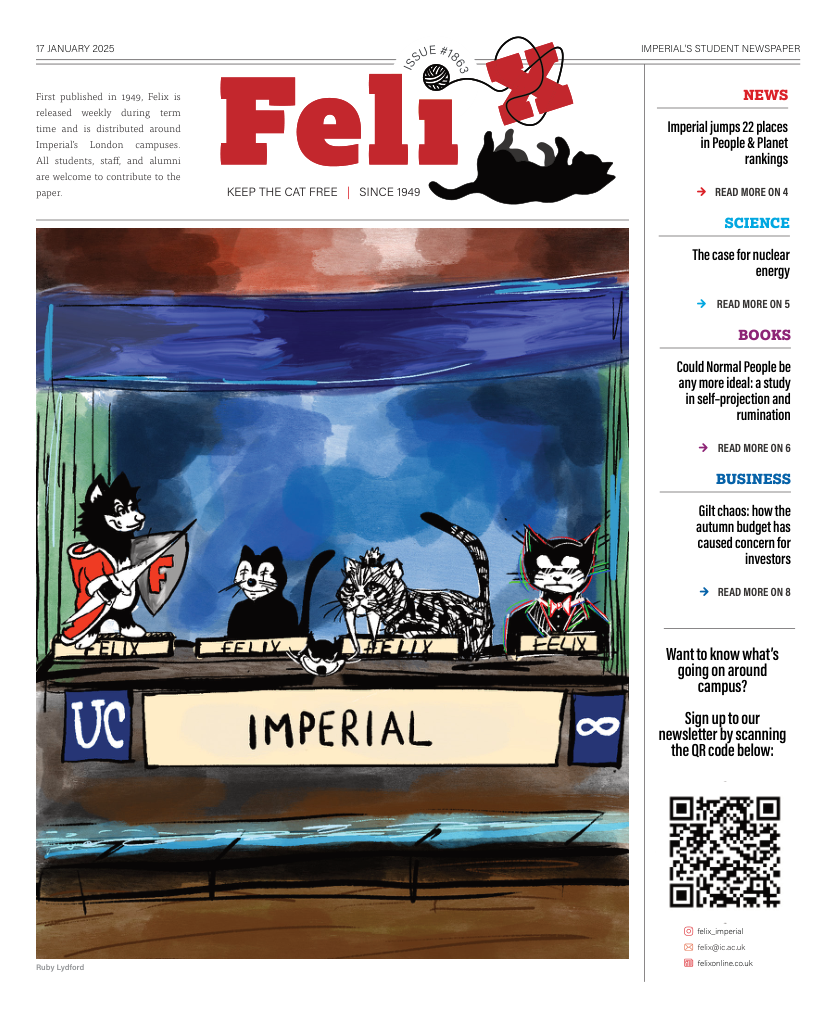Investors increasingly lack confidence in the UK
The deeper implications of last week's gilt sell-off and the pound's decline
UK government borrowing costs surged last week, with the 10-year gilt yield climbing to 4.9%, marking a 16-year high; stocks tied to the UK's economic performance fell as well. Despite rising yields and cheaper markets, the pound fell to its one-year low against the dollar. In tandem, rising yields and a weakening currency are a signal of potential capital flight and serve as a warning from investors about the UK's long-term economic outlook.
Although yields rose globally across financial markets, the magnitude of the punishment dealt to the UK was particularly unusual. Although an encouraging inflation report published this week helped ease pressure on the UK bond market, the question remains: why were UK assets particularly soured on by global investors? For instance, while the yield on the 30-year US Treasury bond remains below its early 2000s peaks, UK yields increased approximately 5.80% last week, compared to 3.75% in the US.
A straightforward explanation might point to the high levels of debt sustained by the UK government, amounting to almost 100% of GDP. However, similar levels of indebtedness are observed in other developed economies – such as France, where the debt-to-GDP ratio is 110.6% – without triggering comparably negative market reactions. A more nuanced explanation lies in the perceived lack of confidence in the UK government's ability to establish policy stability.
One factor eroding investor confidence in the UK is the Autumn budget, which, despite its goal of stabilizing the economy, has struggled to reassure the market. The budget detailed the UK government's plan to decrease its debt and contained tax increases totaling £40 billion. A significant portion of these increases stemmed from a 1.2 percentage point rise in employers' National Insurance (NI) contributions, as well as decreasing the threshold for employer NI payments from £9,100 to £5,000.
While the measures sought to address fiscal deficits and fund essential public services, critics pointed out that the budget allowed for limited fiscal flexibility, with the third-smallest headroom in UK history. In hindsight, their concerns appear well-founded, as the constrained financial leeway has heightened apprehension about the government's ability to manage with rising bond yields without resorting to further tax hikes or spending cuts.
Additionally, the Autumn budget was predicated on expectations of economic growth to ensure financial sustainability. Economic growth was expected to drive higher tax revenues and reduce the relative burden of government debt. Instead, the expected growth hasn't (yet) materialised, and the debt remains. The latest economic data from the Office for National Statistics reported sclerotic GDP growth between July and September. In contrast, in the US during the third quarter of 2024, the growth rate slightly accelerated to 3.1%, with no end in sight.
The challenge is further compounded by the UK's heavy reliance on foreign buyers of gilts due to its high debt levels. Should the UK fail to provide attractive investment options, it risks losing investors to alternative markets like the US, or facing permanently higher costs to service its debt. Both options would further strain the already burdened public finances. Additionally, the UK faces the challenge of incoming President Trump's threatened tariffs; however, the acuity of this threat remains uncertain.
Amid concerns of stagflation and fiscal wish-casting, the UK's economic trajectory appears increasingly precarious. The Labour government, once hoped as the promised deliverer from fiscal mismanagement, continues to face rising borrowing costs, a faltering pound, and stagnant growth. A state of affairs not limited to any particular UK government coalition.
Unfortunately, the recent bond market sell-off reveals markets are not only pricing in current economic difficulties but also expressing skepticism about the government's ability to manage its budgetary challenges and self-imposed rules.
The UK dreamed of growth. Instead, it is combating nightmares of stagflation. While this recent market turbulence might not be the most auspicious beginning to 2025, let's hope that all's well that ends well. We still have an entire year to go.










